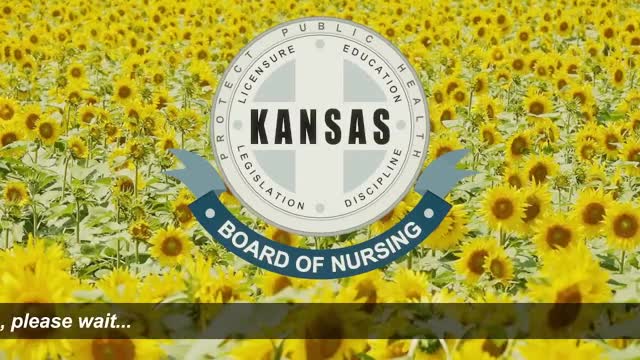Kansas Board of Nursing adopts APRN education regulations; trustees approve KAR 60-17-101 through KAR 60-17-109
Get AI-powered insights, summaries, and transcripts
Subscribe
Summary
The Kansas Board of Nursing voted unanimously in a special remote meeting to adopt nine administrative regulations updating advanced practice registered nurse (APRN) education requirements, including a revised preceptor definition and an increase in required clinical hours that drew late opposition.
The Kansas Board of Nursing on a special remote meeting adopted nine proposed administrative regulations updating APRN education standards, voting by roll call to approve KAR 60-17-101 through KAR 60-17-109.
Board staff said the regulations had been posted in the Kansas Register and on the board website in early October and were the subject of a public hearing on Dec. 17. Carol (staff member) told the board the package reflected multiple committee reviews and earlier public notice: "As a reminder, this is to look at the comments that we received from the, advanced practice education regulations that we've been working on for quite some time, and they've been, discussed in, I know, education committee, APRN committee, and I know the board also. We did have the public hearing on December 17th."
Why it matters: Board staff and at least one board member said portions of the package address federal requirements needed to maintain program approval from the U.S. Department of Education. Carol said two regulations in the package (identified in the meeting as KAR 60-17-108 and KAR 60-17-109) need to be approved to meet an accreditation-related deadline in March.
Public comments and opposition: Board staff reported that most submitted comments supported the changes but that some opposition arrived just before the public hearing. Two issues raised in late comments drew the most attention during discussion: a change to the definition of "preceptor" to include interdisciplinary preceptors, and an increase in the required clinical hours for APRN education from 500 to 750 hours. Carol summarized the implications: if the board left the preceptor definition unchanged, "they cannot use interdisciplinary. They can only use an APRN or a physician." She also said opponents argued that increasing clinical hours could make licensure harder to obtain and would strain current educational programs and faculty resources.
Board discussion and process: Board members said the proposed regulations had been reviewed repeatedly in committee and that the board could act on each regulation individually. Brenda Sharp (board member) asked whether the practice committee had identified any additional "pain points"; staff said none beyond the comments already summarized. Several board members indicated they were prepared to vote.
Votes at a glance: Each regulation was adopted by roll call. The meeting recorded unanimous or near-unanimous yes votes on all nine items; early roll calls recorded nine yes votes and later roll calls recorded 10 yes votes as additional members rejoined the meeting. The board completed roll-call votes on KAR 60-17-101, KAR 60-17-102, KAR 60-17-103, KAR 60-17-104, KAR 60-17-105, KAR 60-17-106, KAR 60-17-107, KAR 60-17-108 and KAR 60-17-109; all outcomes were recorded as approved.
What was not decided: During the meeting the board did not reverse any proposed changes or direct staff to substantially rework any regulation. Carol noted the board could choose "no action" on individual regulations or send them back for additional staff work if members requested it in the future.
Next steps: Staff and board members said they will monitor any further communications and prepare for the next full board meeting. The regulatory changes become part of the board's administrative rules as adopted; staff noted ongoing responsibilities related to accreditation timelines.
